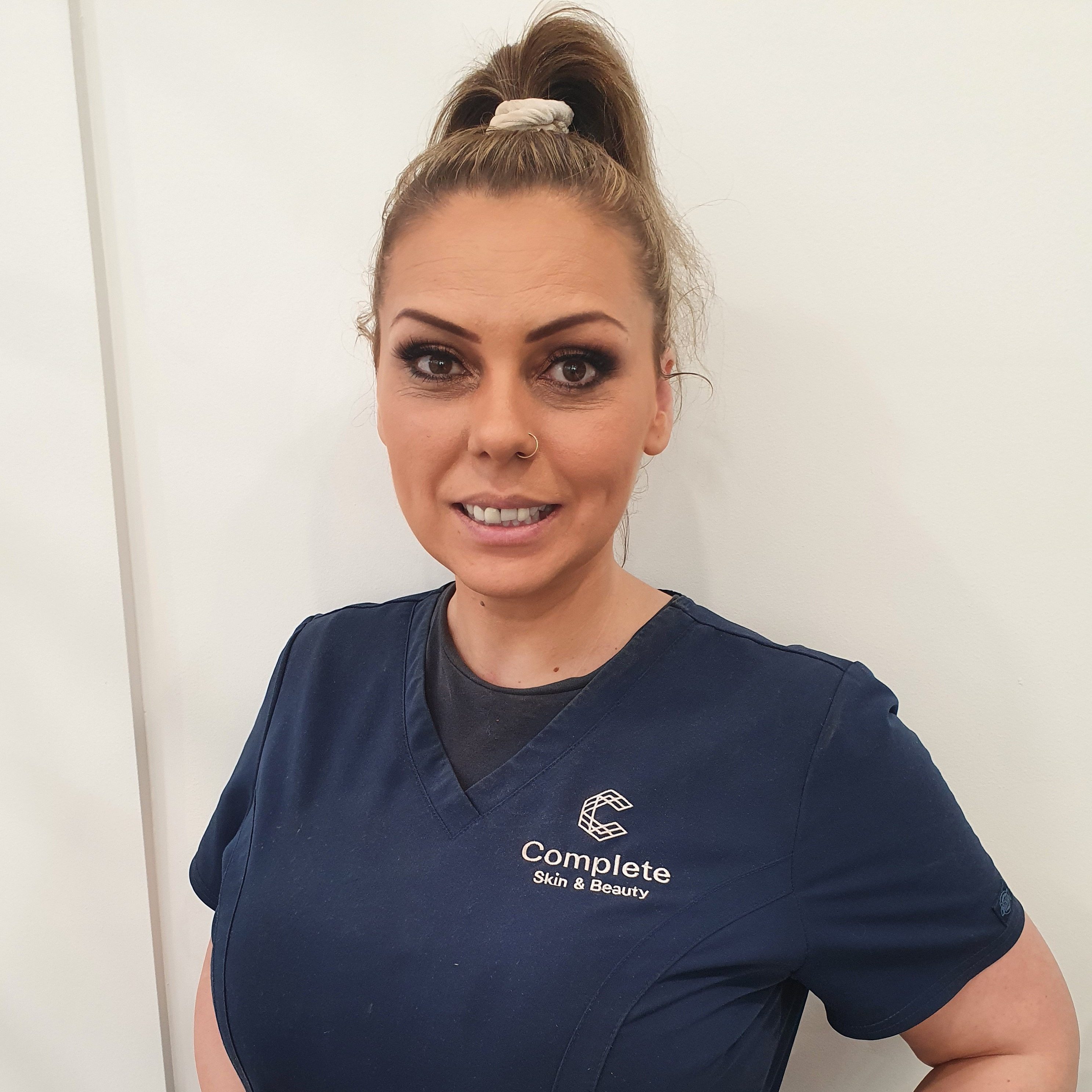Blog
Read the latest in Beauty News from our professional therapists at Complete Skin & Beauty.
Read the latest in Beauty News from our professional therapists at Complete Skin & Beauty.
Embarking on the menopausal journey brings about a myriad of changes, and one aspect that often takes center stage is the transformation of
the skin. As hormones fluctuate, the complexion undergoes a series of shifts, prompting us to explore the dynamic relationship between
menopause and skin health in this insightful blog.
What is Menopause?
The term Menopause refers to the final menstrual period which typically occurs as women reach their early to mid 50’s. Of course, it can happen much earlier than this with early menopause occurring to women as young as 40 years of age. Menopause happens due to a decline in Oestrogen and Progesterone levels, which affects the body's ability to ovulate. Leading into Menopause, the levels of these hormones fluctuate causing various changes within the body.
Hormone Effects On The Skin
When the production of Oestrogen and Progesterone rapidly drop off with Menopause, most women see the effects in their skin. Before and during this time, the skin feels dry and thin, with fine lines and wrinkles becoming more apparent. In some cases, women may experience acne during Menopause as a result of hormonal fluctuations.
Oestrogen affects every organ system of the body. Oestrogen receptors are most abundant around the genital area, face and lower limbs.
Therefore, these areas are especially vulnerable to reduced amounts of circulating Oestrogen, and where the common side effects of
Menopause are first seen.
Possible Skin Conditions
Slight changes to the health and condition of the skin is normal during this period, however, some women experience extreme
adjustments and the development of abnormal skin conditions.
These conditions may include:
Atrophic Vulvovaginitis
Hirsutism
Alopecia
Menopausal Flushing
So how can we help you address the symptoms of Menopause? Firstly, let me share a little fact with you. Collagen drops 30% in the
first 5 years of Menopause, then approximately another 2% each year after that for the next 20 or so years. That's
a huge decline in your Collagen levels, especially if you haven't actively been caring for your skin.
Although you can't stop Menopause, you can certainly help your skin at home to look and feel its best. The goal is to have your skin in its best condition leading into pre-menopause. Here's what I suggest..
What Products Can Help?
Topical hydration will be your best friend as the skin lacks the capability to hold onto moisture. Moisturisers with Hyaluronic Acid are
best to draw the moisture into the skin. Ceramides in moisturisers can also help the moisture from escaping. Incorporating
pro-ageing ingredients like Retinol (Vitamin A), Vitamin C and Glycolic and Lactic Acids. We stock a great range of skincare products
loaded with these essentials. See our product ranges.
What Treatments Can Help?
If you are experiencing symptoms of Menopause, or want to get a head start on preparing your skin, book in for a complimentary Skin Consultation to find out more information.

I have been working in the beauty industry for 18 years and still love every moment of it. My favourite services to perform include O-Biome Oxygenating Facial and Plasma Fibroblast Therapy. On my days off you'll catch me getting social with friends. I look forward to treating you in salon and helping you achieve your skin goals.
Chantelle
Assistant Manager
Complete Skin & Beauty Fairfield